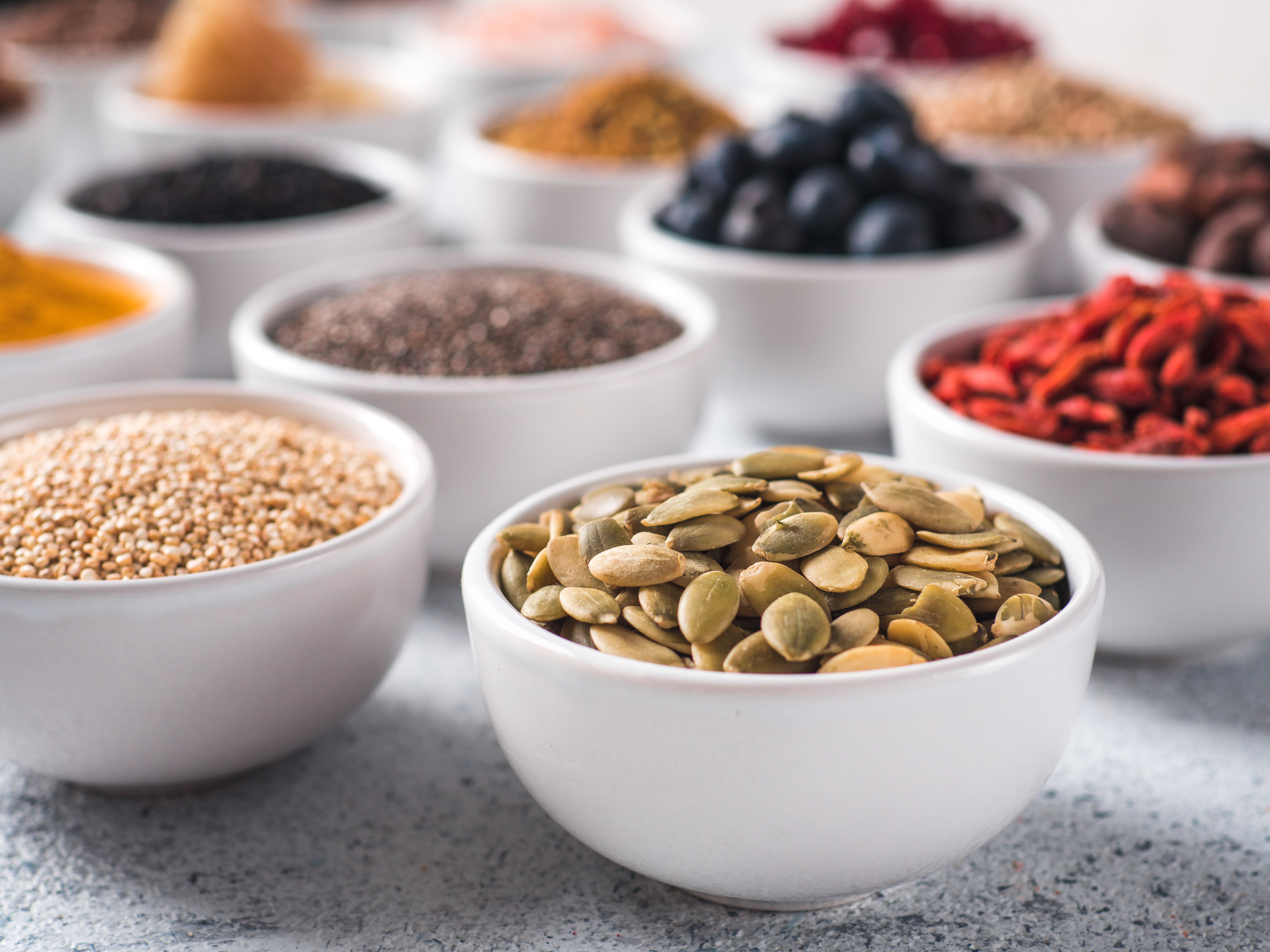
Seeds to Help Improve PCOS
Polycystic Ovary Syndrome (PCOS) is a hormonal condition that affects many women and can cause irregular periods, weight fluctuations, acne, and insulin resistance. While medical treatment is important, nutrition plays a big role in managing symptoms. Seeds are packed with fibre, protein, and healthy fats that help balance hormones, regulate blood sugar, and reduce inflammation, all key factors for women with PCOS.
Here are 13 seeds that can support your health and help ease PCOS symptoms.
1. Flaxseeds
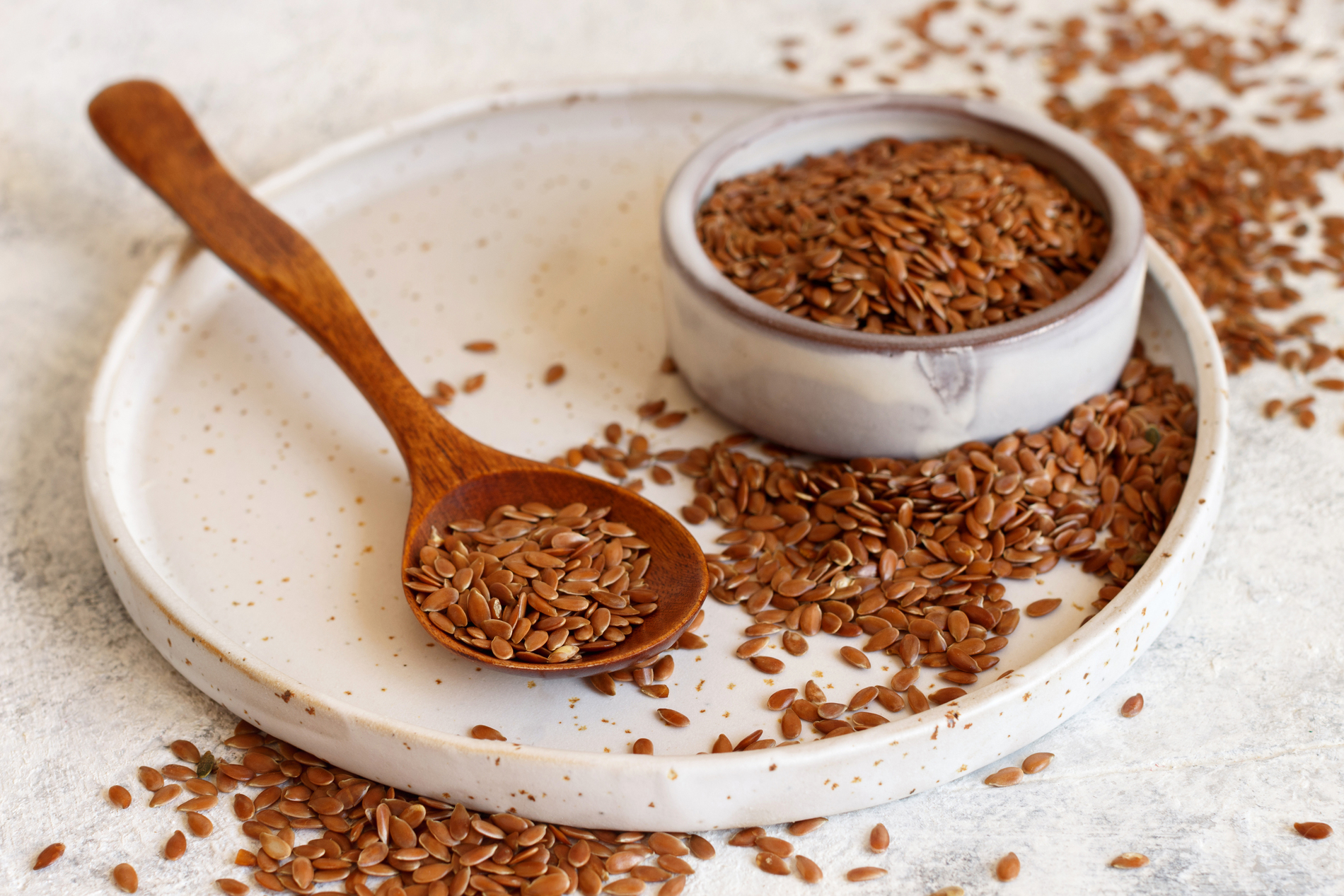
Flaxseeds are rich in lignans, which can help balance estrogen levels. They’re also high in omega-3 fatty acids and fibre, supporting digestion and blood sugar stability. A tablespoon of flaxseeds contains about 2 grams of fibre.
2. Chia Seeds
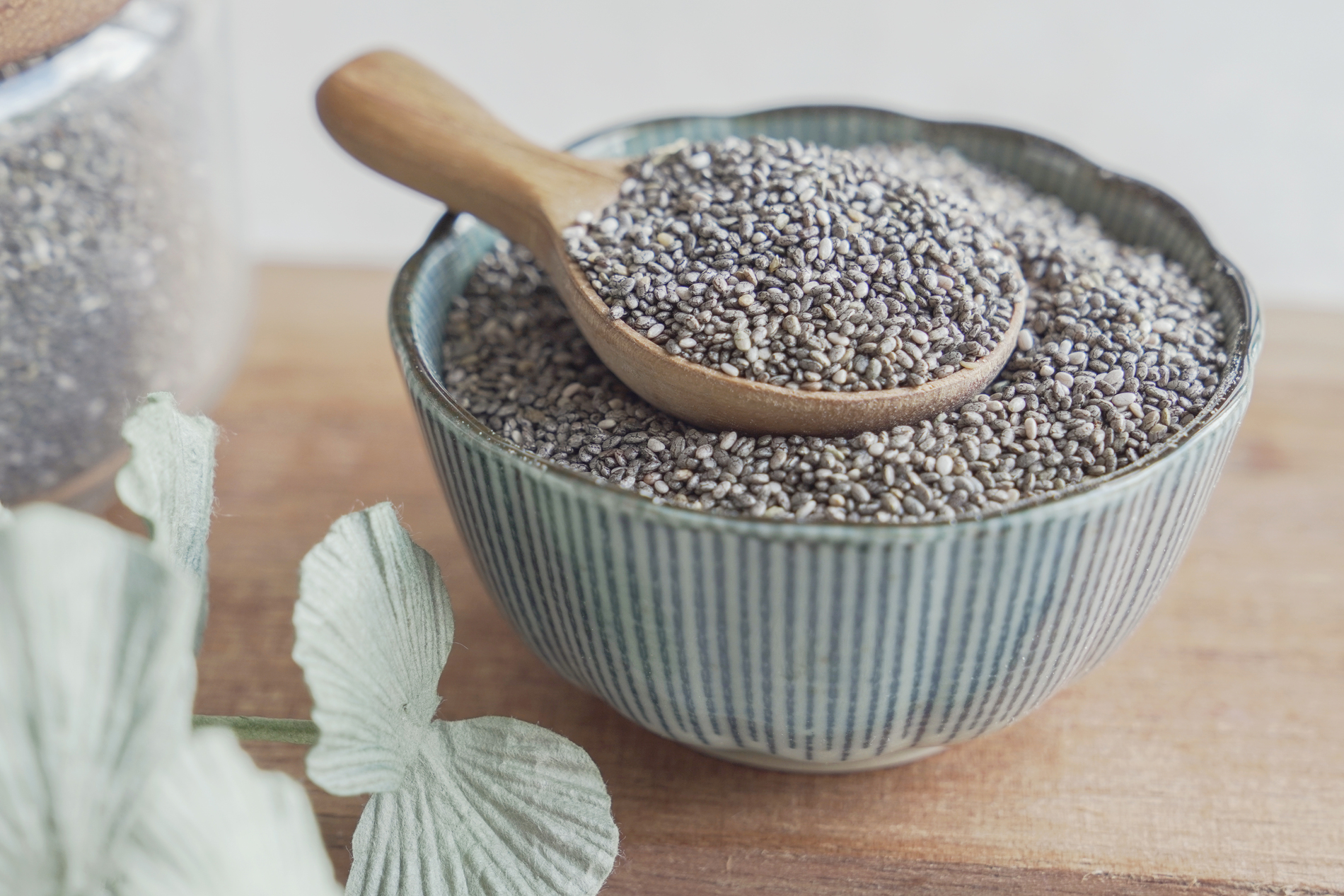
Chia seeds are loaded with soluble fibre that slows down glucose absorption and keeps you full for longer. Two tablespoons provide 10 grams of fibre. They also supply omega-3s that reduce inflammation, a common issue in PCOS.
3. Pumpkin Seeds
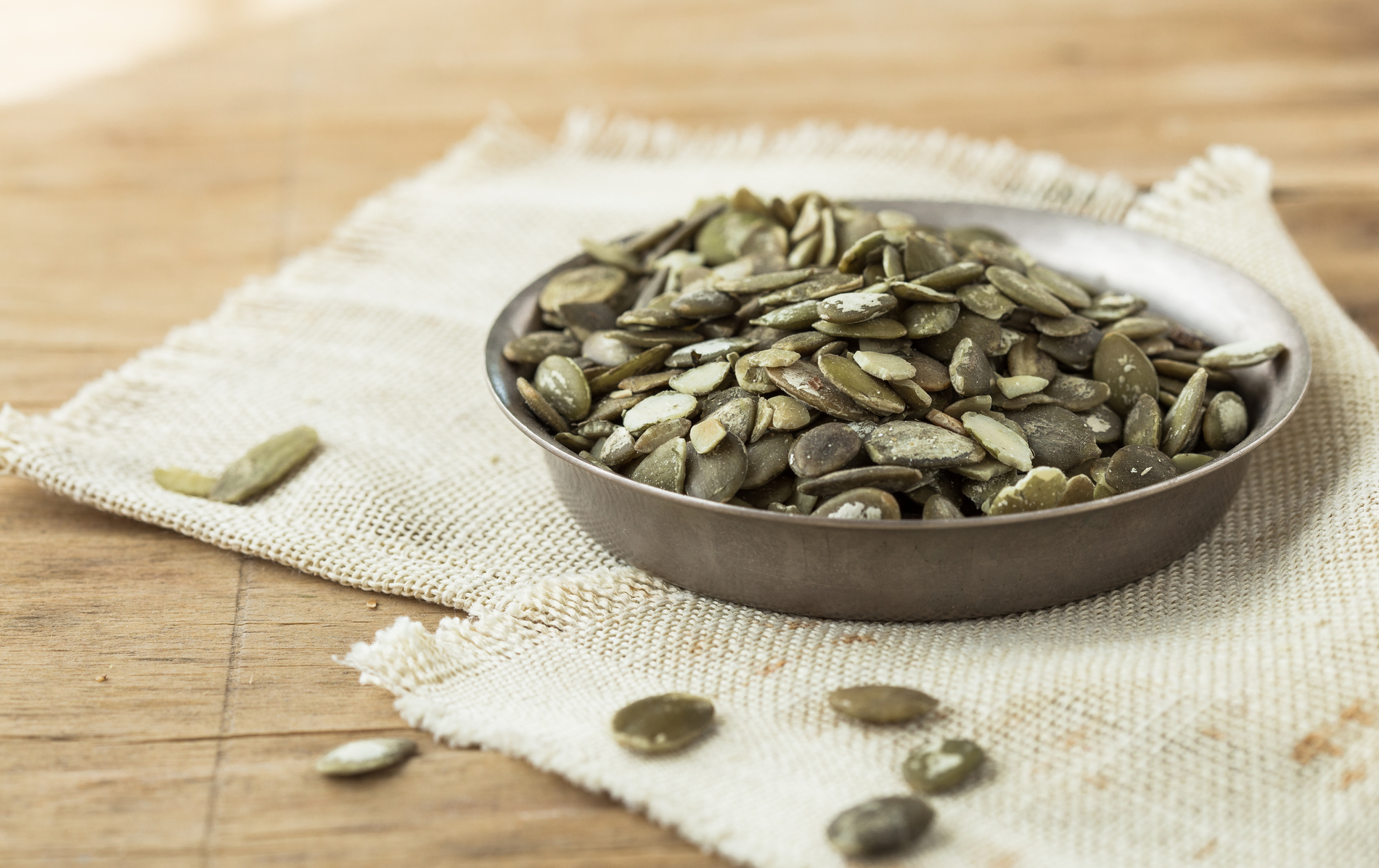
Pumpkin seeds are an excellent source of magnesium and zinc, minerals that improve insulin sensitivity and support reproductive health. One ounce has about 2 grams of fibre and a boost of healthy fats.
4. Sesame Seeds
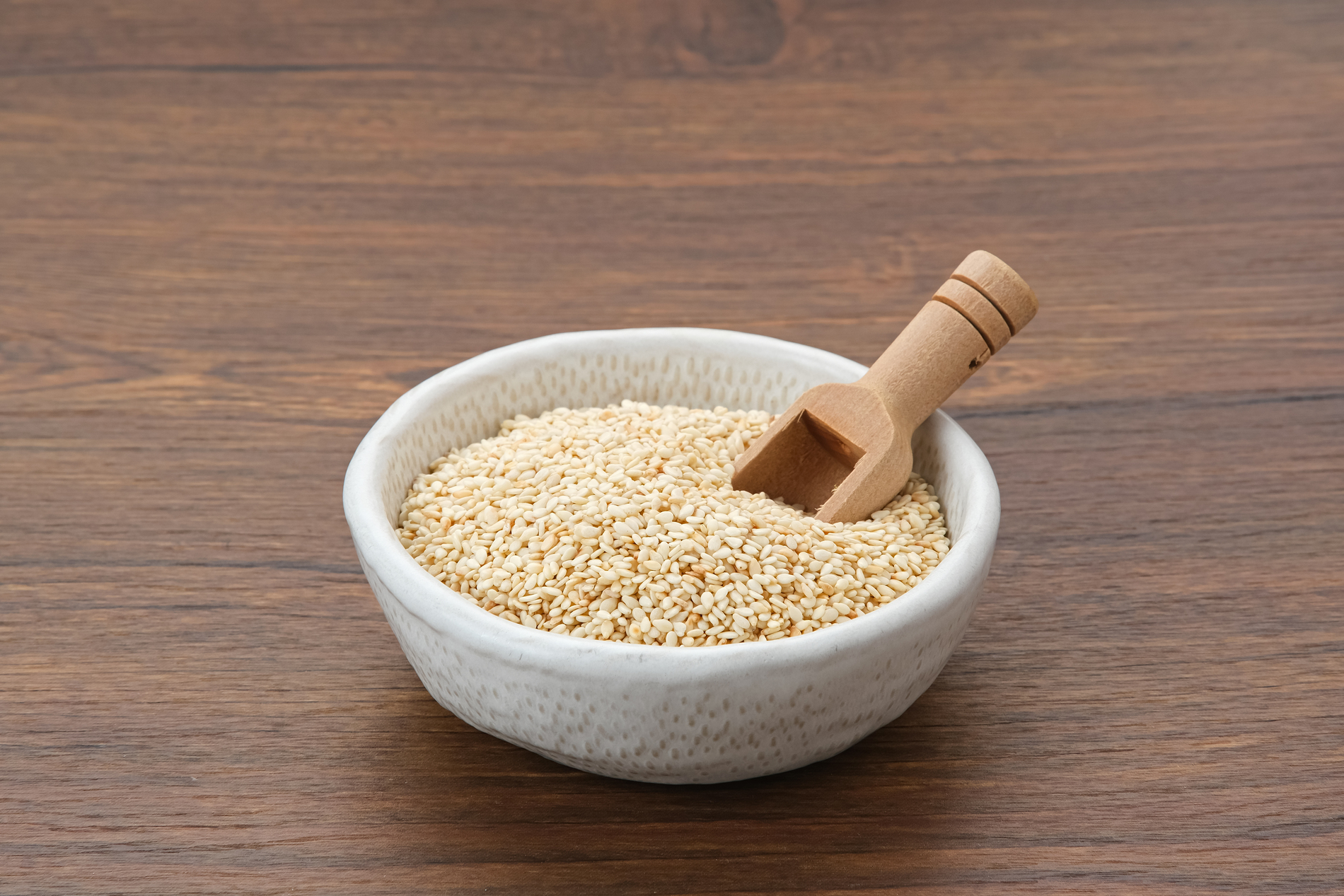
Sesame seeds are rich in lignans and healthy fats that may reduce excess androgen levels. They also support cholesterol management and provide calcium for bone health. One tablespoon offers about 1.1 grams of fibre.
5. Sunflower Seeds
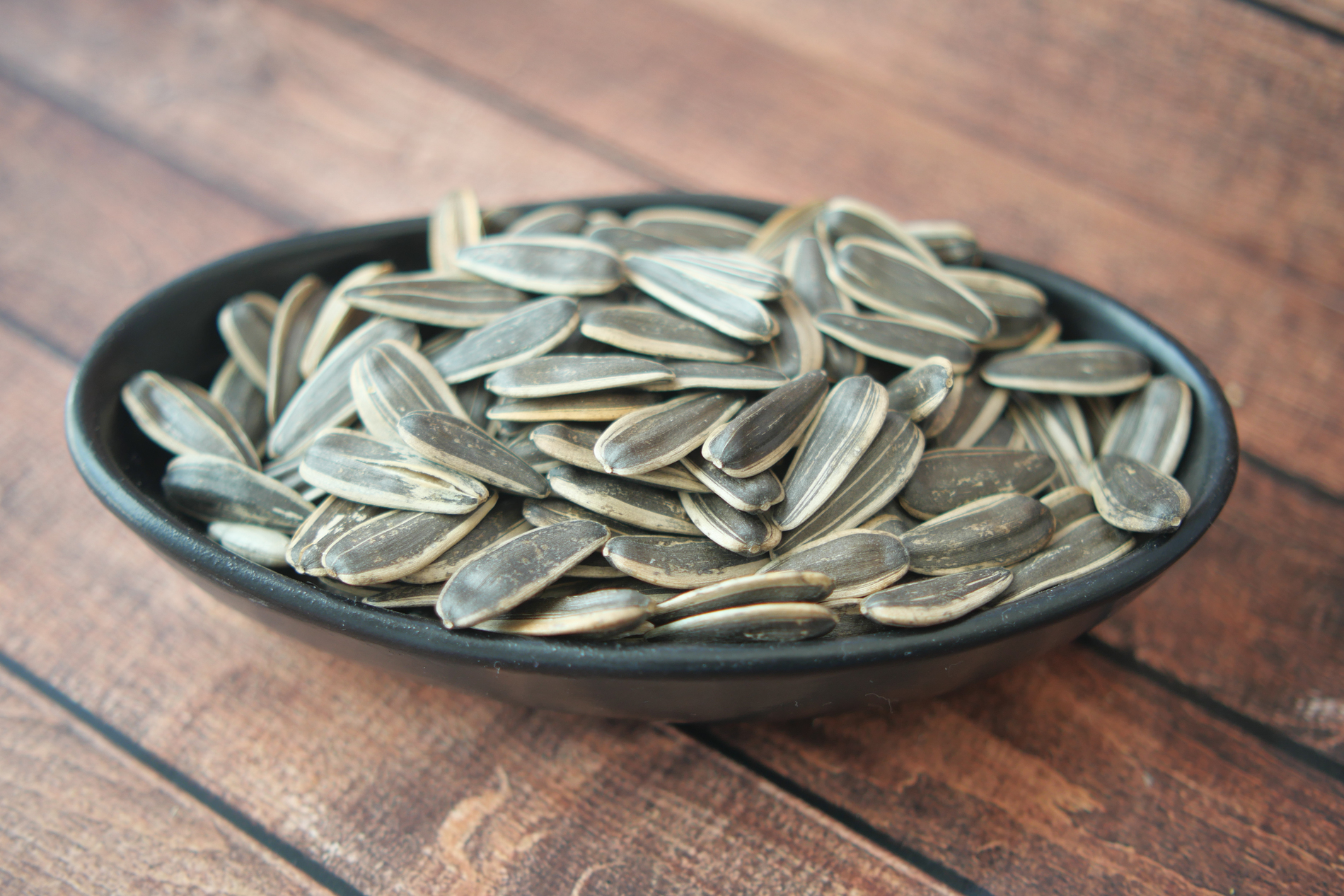
Packed with vitamin E and selenium, sunflower seeds help combat oxidative stress, which can worsen PCOS symptoms. A quarter cup provides 3 grams of fibre and healthy fats for hormonal balance.
6. Quinoa Seeds
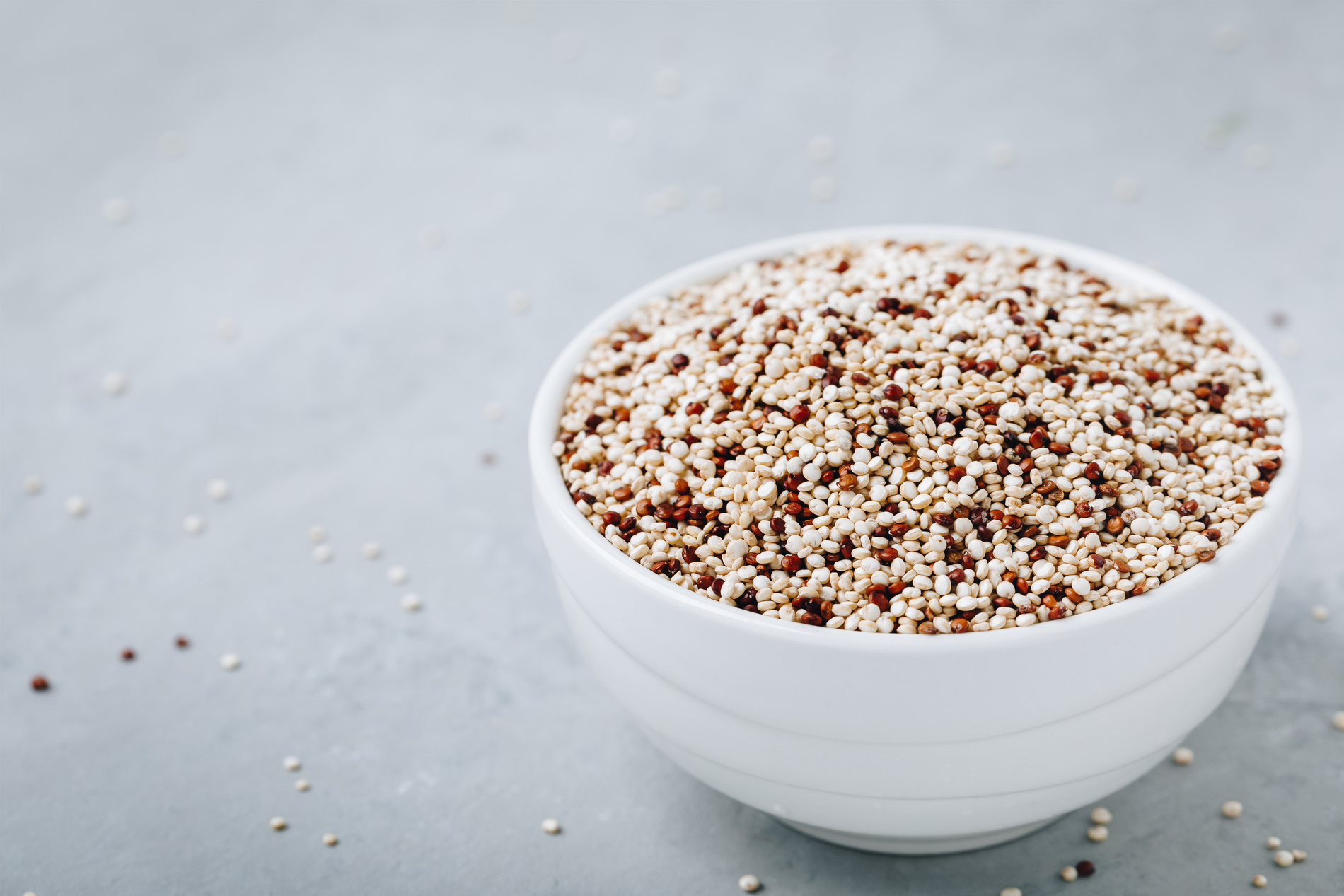
Though often treated as a grain, quinoa is technically a seed. It’s rich in protein and fibre, making it great for stabilizing blood sugar and reducing insulin spikes. One cup of cooked quinoa offers 5 grams of fibre and all nine essential amino acids.
7. Hemp Seeds

Hemp seeds provide a balance of omega-3 and omega-6 fatty acids, supporting hormone regulation. Three tablespoons deliver 1.2 grams of fibre and a healthy dose of plant-based protein.
8. Fenugreek Seeds
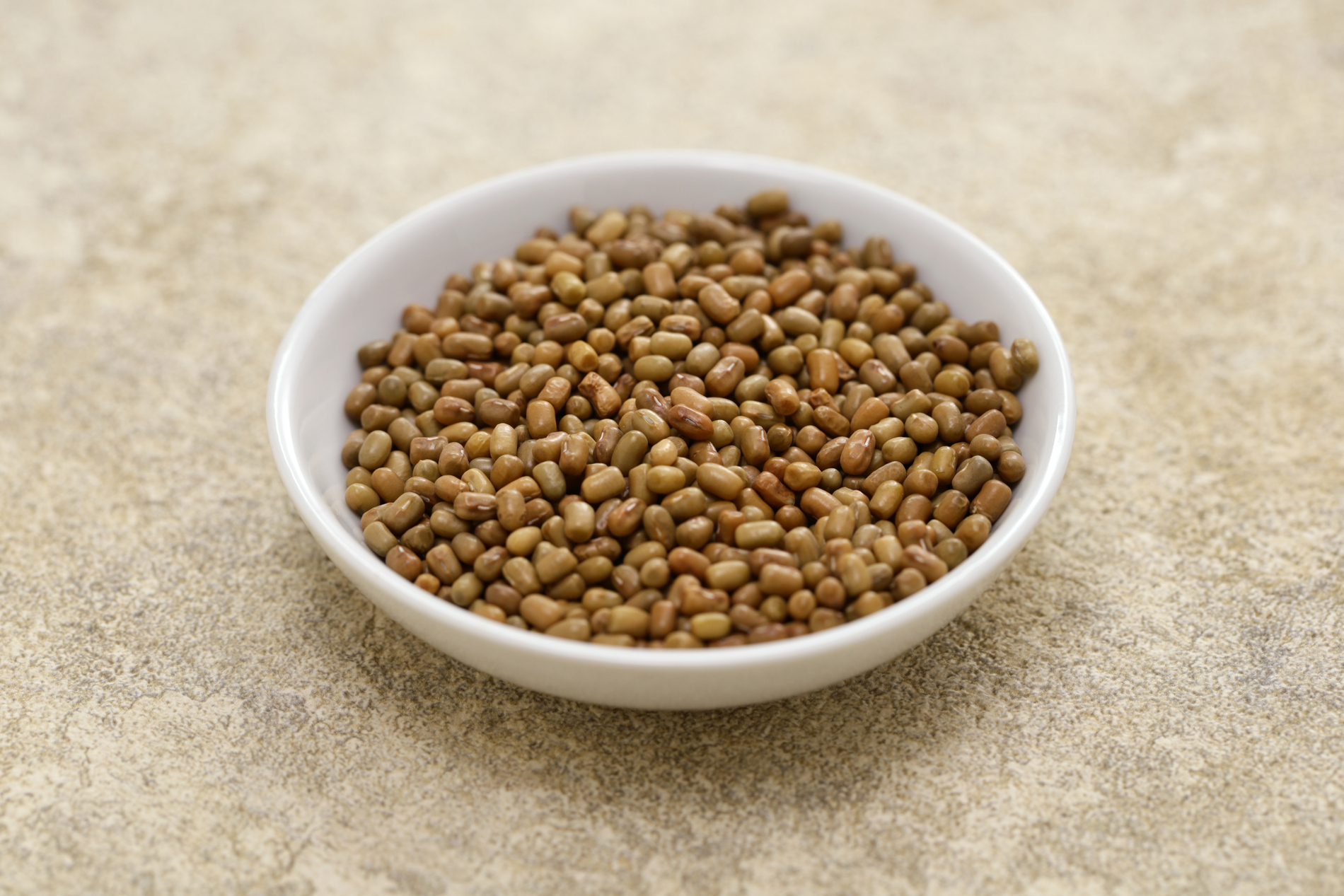
Fenugreek seeds are known for improving insulin sensitivity and helping regulate menstrual cycles. They’re also used in traditional remedies for reducing excess facial hair growth caused by hormonal imbalance.
9. Caraway Seeds
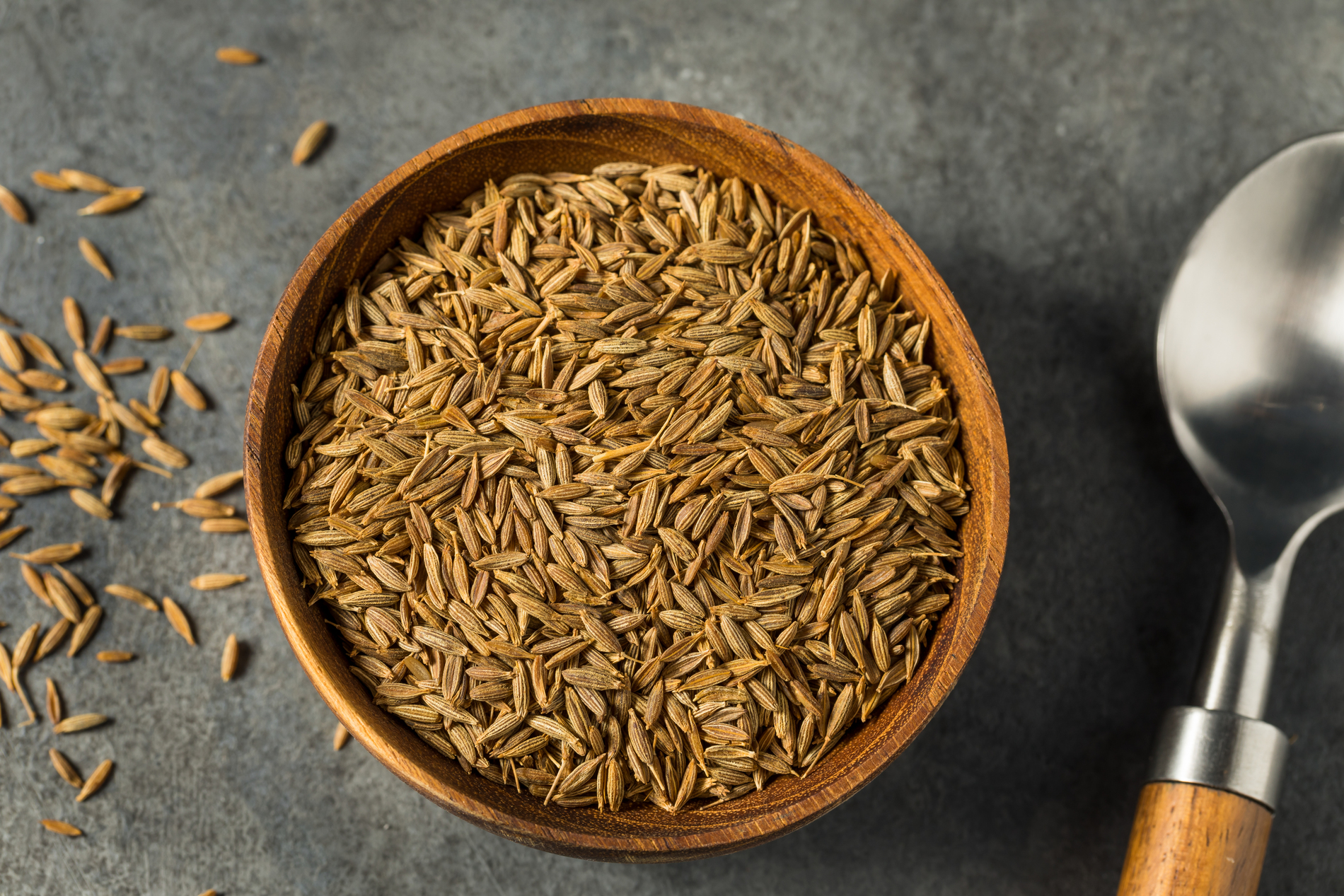
Caraway seeds are full of antioxidants and aid digestion, which can improve nutrient absorption. They may also support better metabolism, helping manage weight linked with PCOS.
10. Poppy Seeds
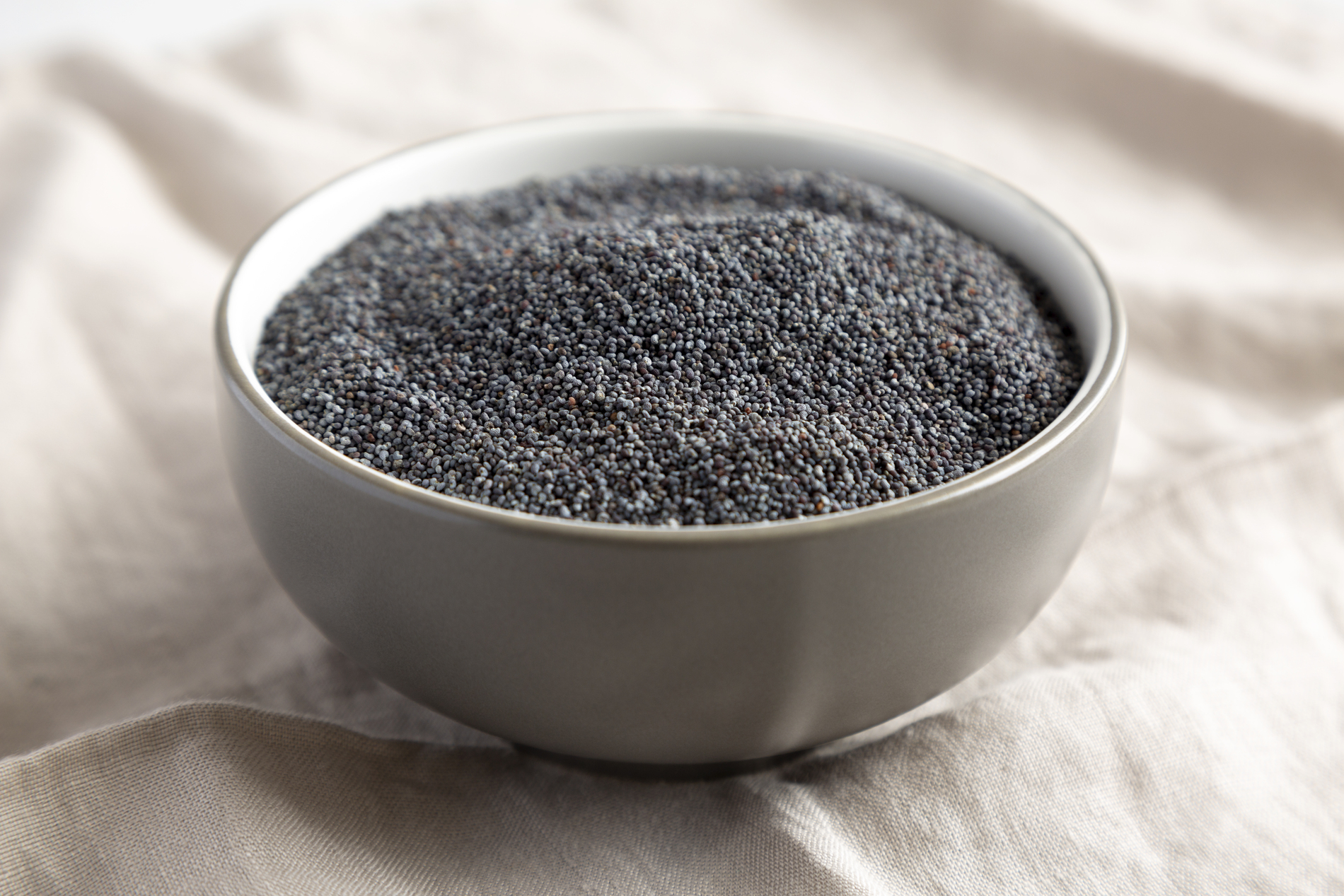
Poppy seeds contain calcium, iron, and magnesium, which help reduce inflammation and improve sleep quality. Since poor sleep can worsen PCOS symptoms, adding these seeds to your diet can be beneficial.
11. Mustard Seeds
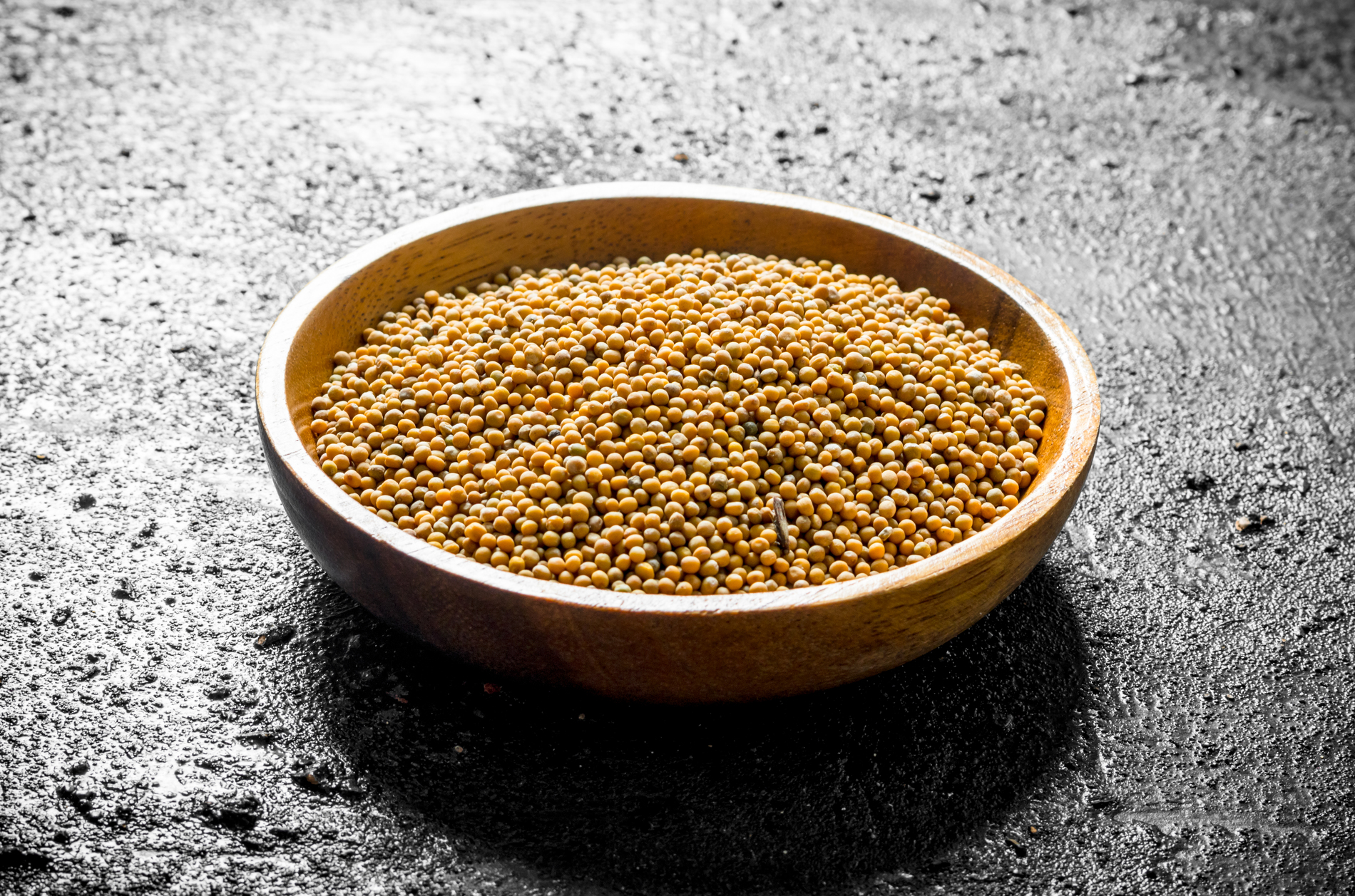
Mustard seeds contain selenium and omega-3s, which support thyroid function and metabolism, two areas often disrupted in women with PCOS. They also add flavour to meals while providing anti-inflammatory benefits.
12. Cumin Seeds
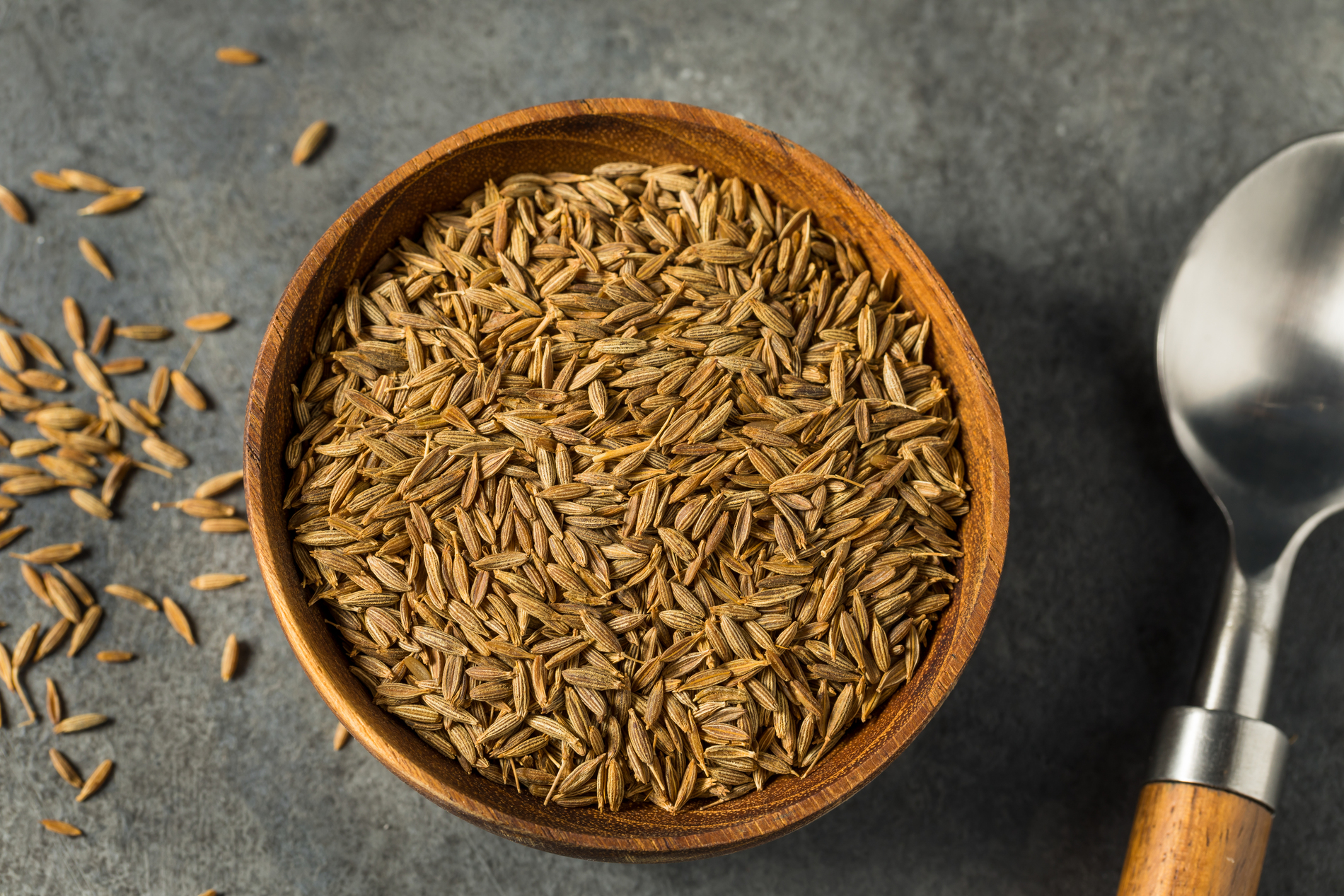
Cumin seeds help improve digestion and blood sugar control. They also reduce bloating, a common issue with hormonal imbalance. Adding cumin to meals or teas can aid metabolism and improve energy levels.
13. Nigella Seeds (Black Seeds)
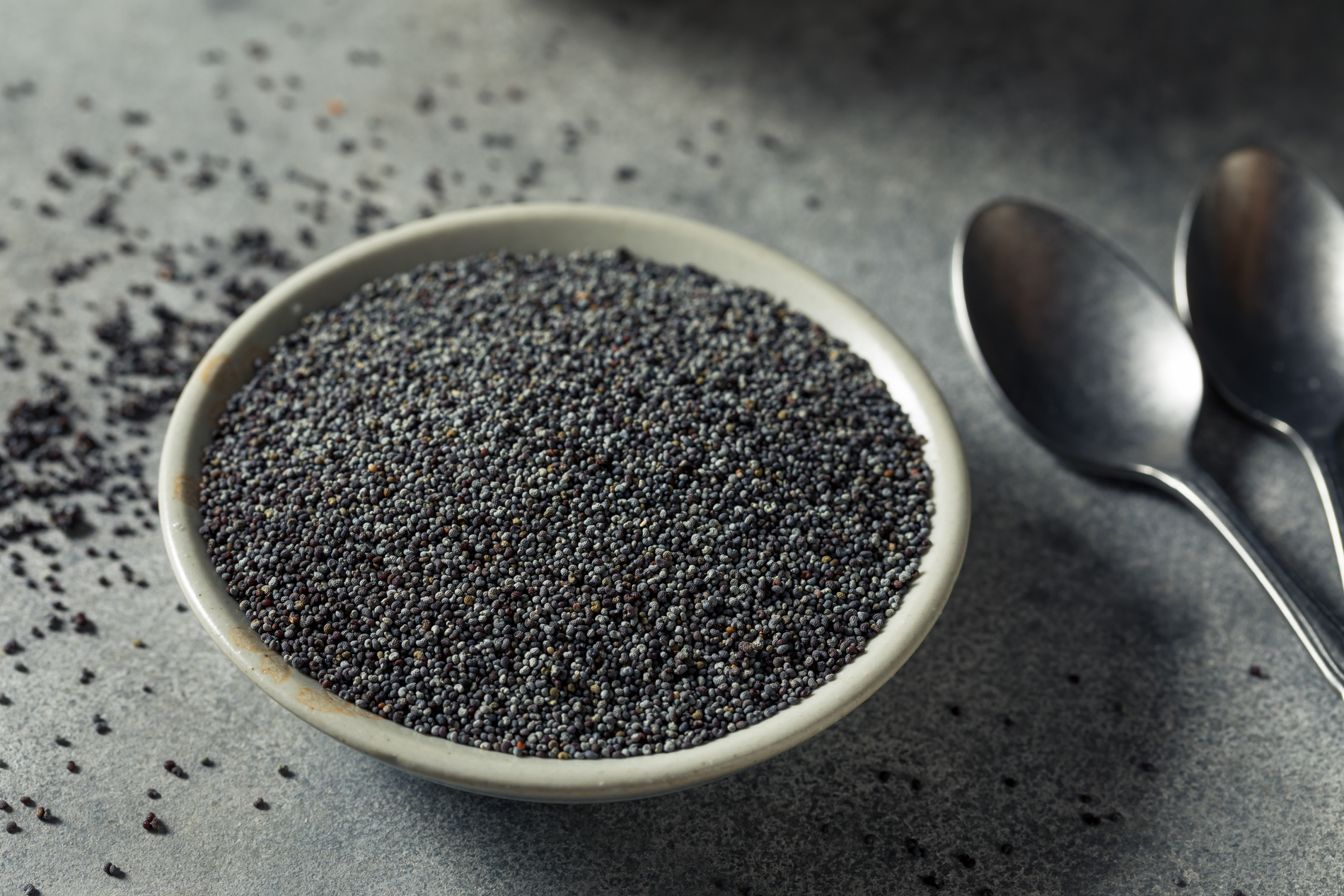
Also known as black cumin, these seeds are praised for their anti-inflammatory and anti-diabetic properties. They support hormonal balance and reduce insulin resistance, making them particularly valuable for women with PCOS.
Final Thoughts
Managing PCOS is not only about medication, it’s also about choosing the right foods that support your body’s natural balance. Seeds like flax, chia, and pumpkin help stabilize blood sugar, while sesame, sunflower, and black seeds provide essential nutrients that fight inflammation and regulate hormones. Adding a variety of these 13 seeds into your daily meals can improve energy, support weight management, and ease common PCOS symptoms. Consistency is key, so try sprinkling them into smoothies, salads, yogurts, or baked goods for a simple and effective step toward better health.




